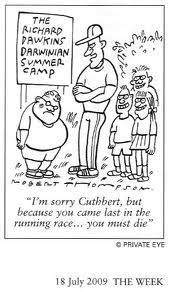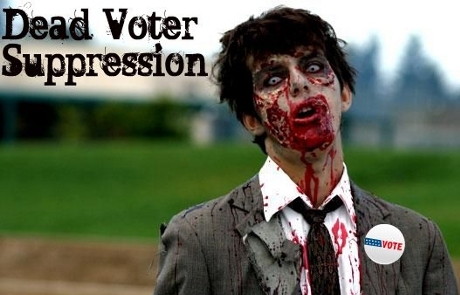Unbelievers are bad and have defective brains
You’d better believe that believers are better.
So far as religiosity is concerned, humanity, say Cooper and Pullig , is divided fairly neatly into three clusters: Skeptics, Nominals and Devouts. The bulk of the evidence suggests that there is a relationship between religiousness and moral reasoning. That relationship, though, is complex. Its anatomy needs a lot of exploration. Cooper’s and Pullig’s exciting and audacious paper, which concerns broadly Christian religiosity amongst marketing students in the US, suggests that narcissism is a factor in explaining why individuals make wrong ethical decisions. That in itself isn’t surprising. Narcissism, for instance, is a predictor of white-collar crime in business: narcissistic individuals tend to think that they are above the laws that govern the behaviour of lesser mortals. What is perhaps surprising is that ethical decision-making was affected by narcissism only in Nominals and Devouts. The reasons for that can be speculated about very entertainingly. But I want to highlight one almost incidental observation: ‘Notably, Skeptics in general exhibit worse ethical judgment than respondents in either of the other two clusters.’



